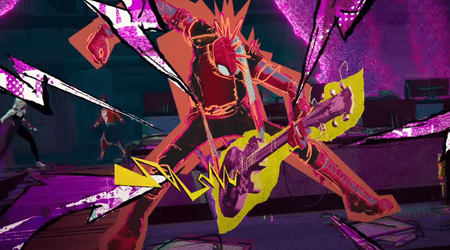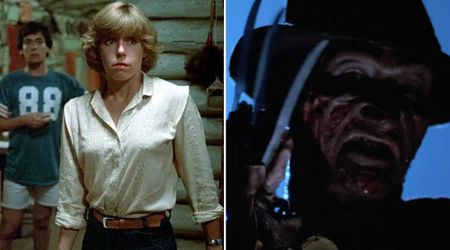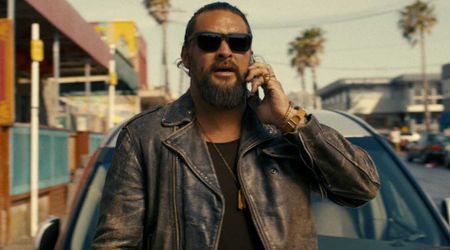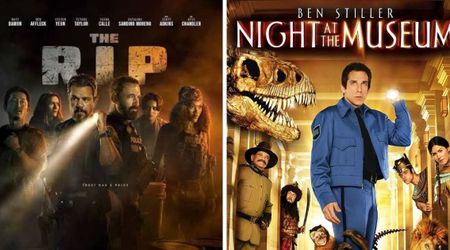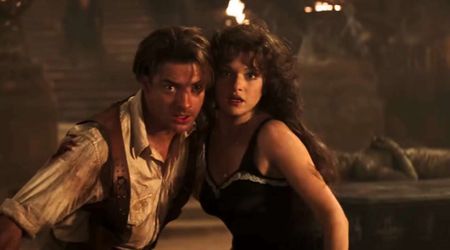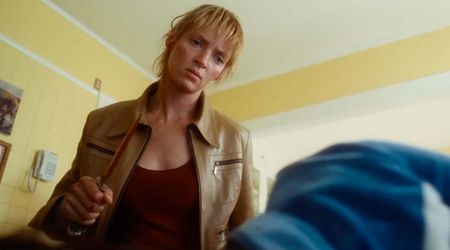We are still waiting for that radical 'Little Women' adaptation that picks up on the book's queer subtext

It is no secret that Louisa May Alcott, the author of 'Little Women', never wanted Jo March to marry. Modeled on herself, she wanted her to be the "literary spinster". But pressure from her editor and reader expectations forced her to give Jo a more conventional happily-ever-after by marrying her to Professor Bhaer.
It was a creative choice she was never truly happy with. In a letter to a friend, Alcott let her frustrations spill out, saying: "Jo should have remained a literary spinster but so many enthusiastic young ladies wrote to me clamorously demanding that she should marry Laurie or somebody, that I didn't dare to refuse and out of perversity went and made a funny match for her. I expect vials of wrath to be poured out upon my head, but rather enjoy the prospect.”
In the latest screen adaptation of 'Little Women', Greta Gerwig does her bit to reclaim the author's original vision. In a meta ending, she intercuts the classic romantic ending of Jo (Saoirse Ronan) running after Professor Bhaer to the train station to stop him from leaving town with scenes of Jo haggling with her publisher about the ending to her book.
She finally agrees to the romantic ending her publisher demands in exchange for owning the copyright to her book and more royalty. Speaking about this compromise, she says: "If I’m going to sell my heroine into marriage for money, I might as well get some of it.” Some viewers see the romantic reunion as the ending of Jo's book rather than what actually happens. In this reading of the film, the 'true' ending is actually the scene where Jo proudly oversees the printing of her book.
In Alcott's original novel, Jo settles down to run a school with Professor Bhaer and never writes her book. In Gerwig's film, she succeeds in publishing her book. Becoming a published author is the happy ending that Gerwig emphasizes over Jo's romantic reunion. But despite this radical little twist, the film sticks to the overt reading that while Jo is a tomboy with a love for boyish pursuits, she is still straight.
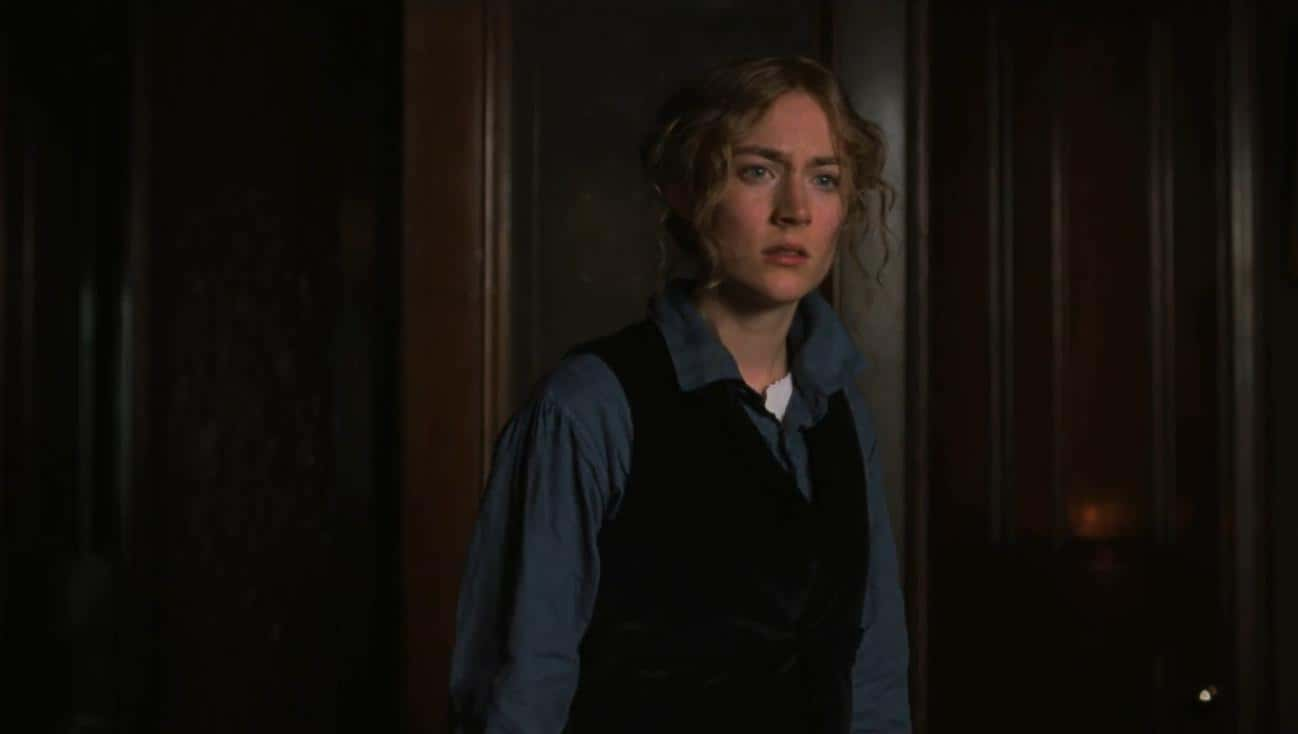
In addition to at least 12 adaptations made for television, 'Little Women' has seen six film adaptations and yet none of them have explored the book's queer subtext. Jo, who wears men's clothes and is averse to marriage, could easily be a transgender man or a lesbian. Given that Alcott (who never married) modeled Jo on herself, there is a basis for a queer interpretation of Jo's character.
In an interview with Louise Chandler Moulton for the 1885 book 'Our Famous Women: An Authorized Record of the Lives and Deeds of Distinguished American Women of Our Times', Alcott said: “I am more than half-persuaded that I am a man’s soul, put by some freak of nature into a woman’s body... because I have fallen in love in my life with so many pretty girls and never once the least bit with any man.”
Unlike now, with many words to describe queer identities, back then, there was only the concept of "inversion". Any same-sex attraction was thought to be a result of someone's physical gender not matching their "mental gender". While we will never know how Alcott thought of herself in terms of sexual orientation or gender identity, that she did not fall into a straightforward "heterosexual" orientation is clear. So why do we expect Jo, who Alcott based on herself, to be straight?
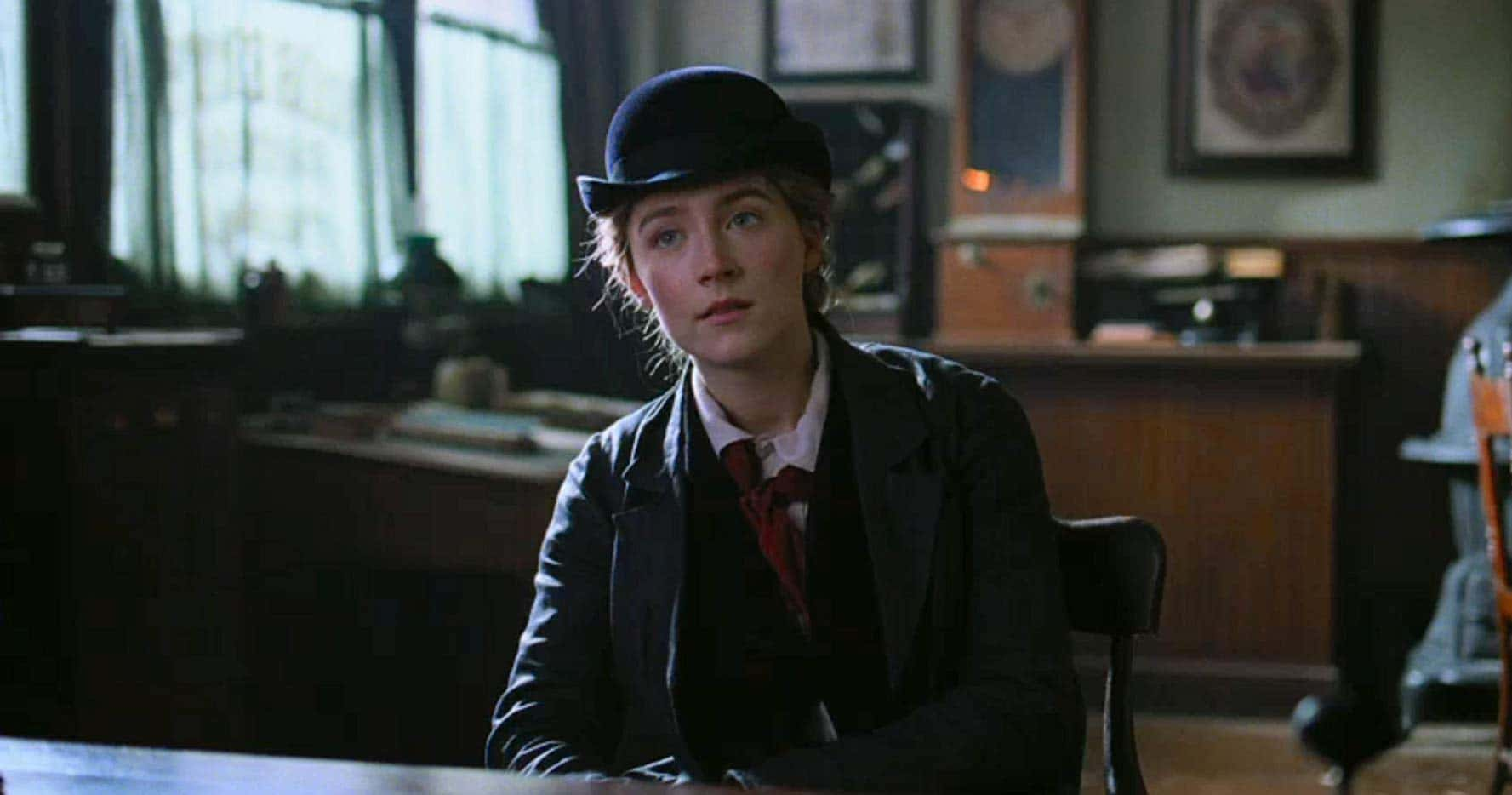
Even her relationship with Laurie is an inversion of gender tropes with Laurie as the feminized man and Jo as the masculine female. While they complement each other, they are still not right for each other. While Alcott might not have lived in a day and age that allowed her to be explicit about Jo and Laurie's queerness, there is no reason why a 21st-century adaptation can't tell the 'Little Women' story that embraces this subtext.
Maybe then we will finally see Jo get the happily ever after she truly deserves that the books and the subsequent adaptations have never given her.
'Little Women' released on December 25.

